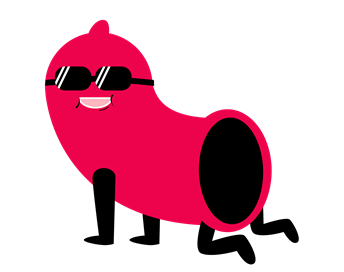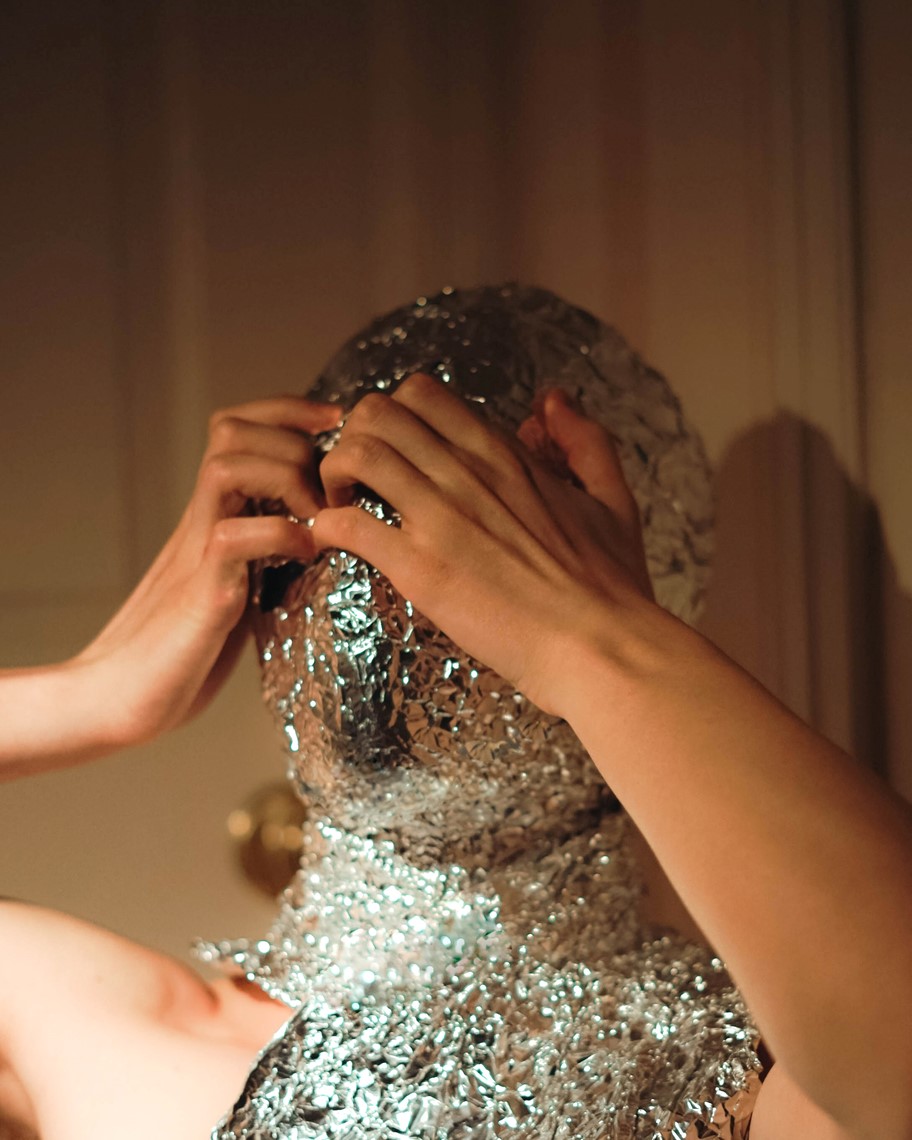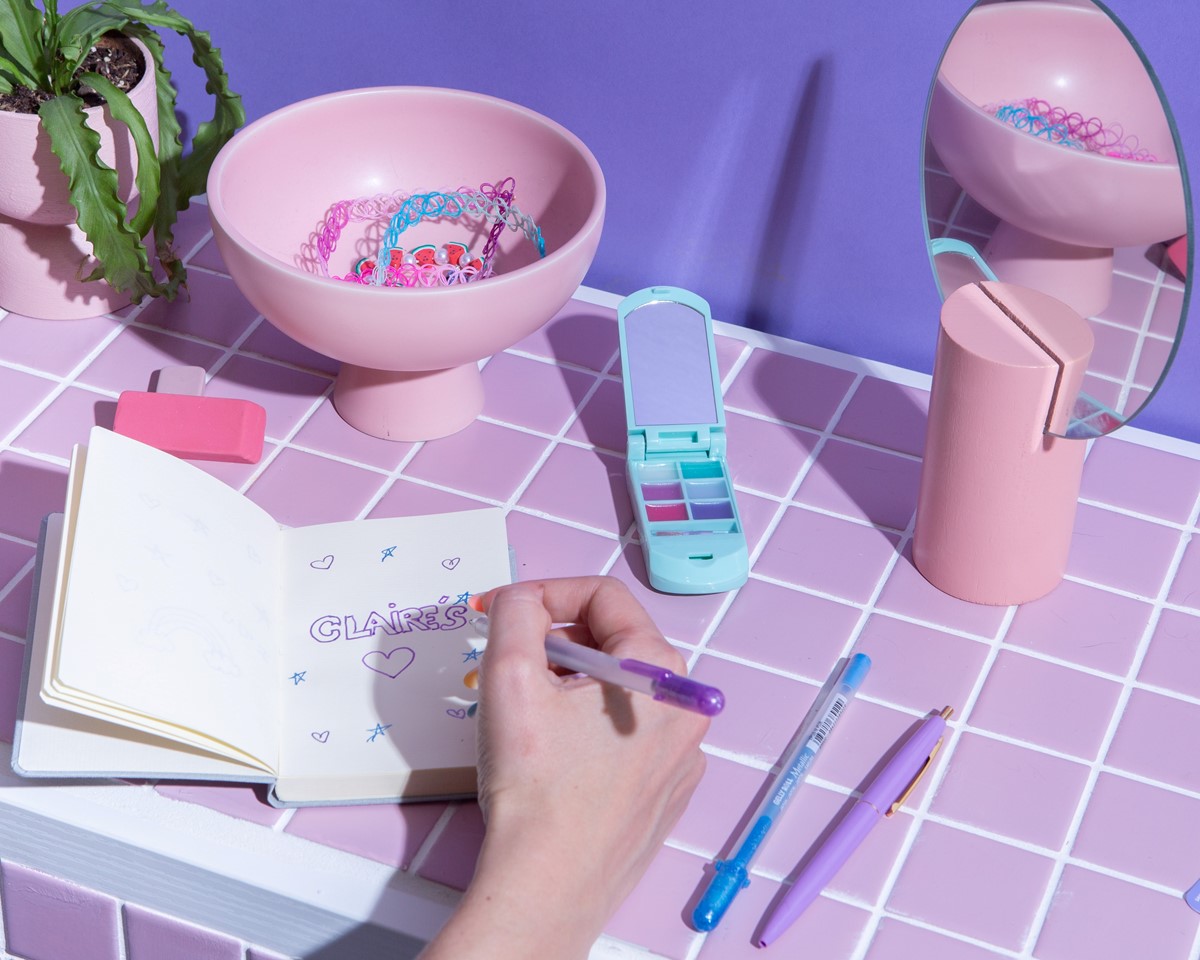Popular queer slang and their origins
Want the tea on your favourite queer slang? Do certain words feel gay, but you can’t explain why? Well, they probably are.
This series will cover the origins of some of ‘our’ most popular slang which you may not realise originated from African American English and underground queer communities like Ballroom.
Did we miss anything? Get in touch and let us have it hunty!
It’s Giving
Used to the describe the vibe or feel of something or someone.
For example, you could describe someone’s outfit as “giving early 2000’s Britney” or you could go to a party and decide that “it’s giving Coachella, and not in a good way”.
This one comes from Black Trans communities and the New York City Ballroom scene, after becoming popularized online in late 2021.
-ussy
By now I think most of us have come across the term bussy (boy pussy) and have formed an opinion on whether it’s sexy or a word you wish I didn’t have the audacity to put into this article. It was also the American Dialect Society 2022 word of the year??
The suffix -ussy goes deeper than the simple bussy though. You can put -ussy into basically any word by using a process that some call -ussification.
- Throat – thrussy
- Nose – nussy
- Thighs – thussy
- Condomussy anyone?

Perhaps the real -ussy is the friends we made along the way.
Slay
This word feels like it needs no introduction, slay is one of those words that seemed to enter our lives one day out of nowhere, but it is now so pervasively engrained in modern dialect that you won’t go a day without hearing it.
In the 16th century, slay was used “as a trendy way to describe impressing someone so much they lose controls of their emotions and die,” and the word popped back up in the 19th century relating to fashion and ‘dressing to kill’.
Nowadays it means all of the above and so much more. Honestly it can mean any positive, affirming thing you want if you say it with enough conviction.
Slay in its current usage can be traced back to Black and Latinx LGBTQ+ communities, more specifically the ballroom culture of the 70s and 80s (see Paris is Burning). A mixture of Ru Paul’s Drag Race, Beyonce’s Formation and the magic of social media stans and meme culture, helped cement slay into the mainstream lexicon.

Yas
What if saying yes was like, gay? Yas! It’s a testament to our influence on the culture that these queer variations of common English words have their own Wikipedia page. This is another slang that has its modern roots firmly in ballroom culture.
The viral ‘yas gaga’ video below has been credited with bringing it into the mainstream.
Queen
Where there’s a yass, a queen will surely follow. Queen was actually a pejorative term for gay males, which has been reclaimed similar to the word faggot (but no, straight people shouldn’t throw around the word faggot)
A ‘queen’ was a more flamboyant, or fem gay man but it has since evolved in a way that everyone is a queen (or king, or quing if you’re looking for a non-binary alternative).
Periodt
Periodt originated from Black communities in the United States and attributed to Southern Black gay slang. It grew to mainstream popularity through ‘stan communities’ online, which are dedicated fans of popular celebrities on platforms like Twitter.
The added t at the end of period is meant to mimic the speech patters of African American Vernacular English (AAVE) and has been criticised for being cultural appropriation.
If you want to punctuate the end of your statement with a vocal period at the end, it is probably best to not add the t if it’s not part of the way you normally talk.


Tea
You’ve probably been told to “spill the tea” or asked, “what’s the tea?” or seen a certain meme of a certain frog sipping a certain drink while sharing a hot piece of gossip (tea).
In a lot of ways tea feels like the blood that flows through the veins of queer kinship. Sharing tea is a way for gay men to become closer, disclose important information and/or keep each other safe.
Although not directly related to its current usage, tearooms were, beginning in the early twentieth century, slang for public toilets where men would meet up to cruise and ‘tearoom trade’ would be the straight or downlow men that would visit these spaces. Gossip naturally became a part of these interactions by queer men, to keep each other safe from what was referred as ‘rough trade’ or men who might hurt them in these spaces.
One of the early written recordings of the phrase in its current context is accredited to iconic Black trans performer The Lady Chablis in John Berendt’s 1994 book Midnight in the Garden of Good and Evil
"Yeah, my T. My thing, my business, what's goin' on in my life."
However, Lady Chablis glosses this as being short for ‘truth’ in her own autobiography.
Whether you like your tea served piping hot or over ice with lemon, these words have a long history within marginalised queer communities, and it is only recently that this language has come into the mainstream and being deemed cool by the general population.
Think of these cultural pioneers next time you’re quoting your favourite drag race queen and reflect on where these words really originate from.
And that’s tea.


